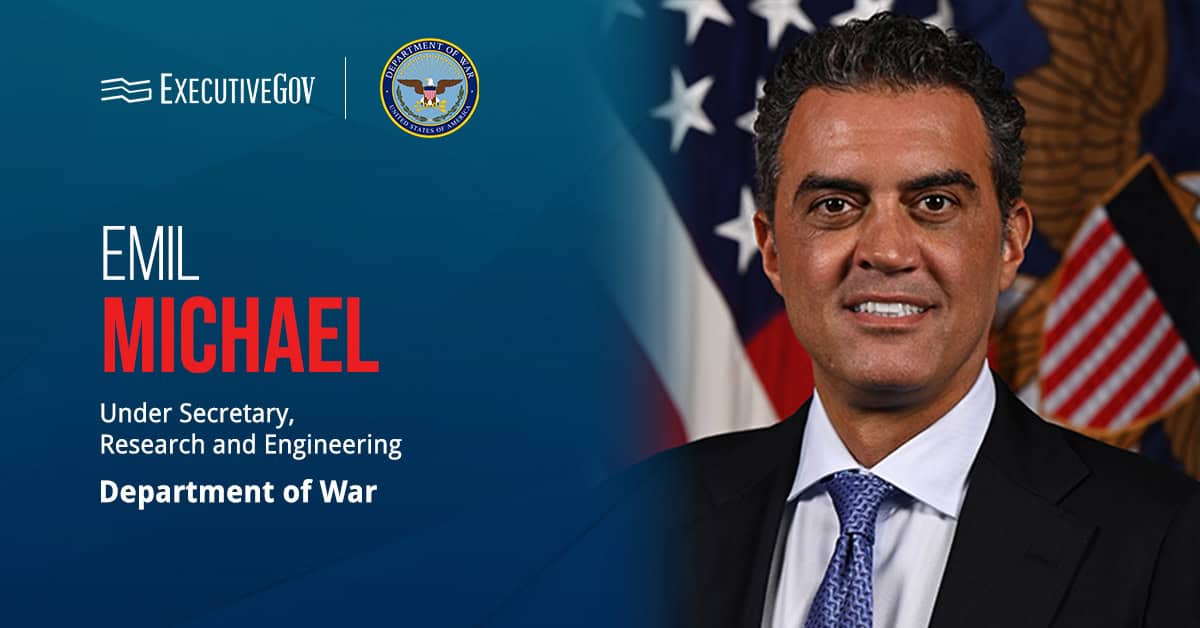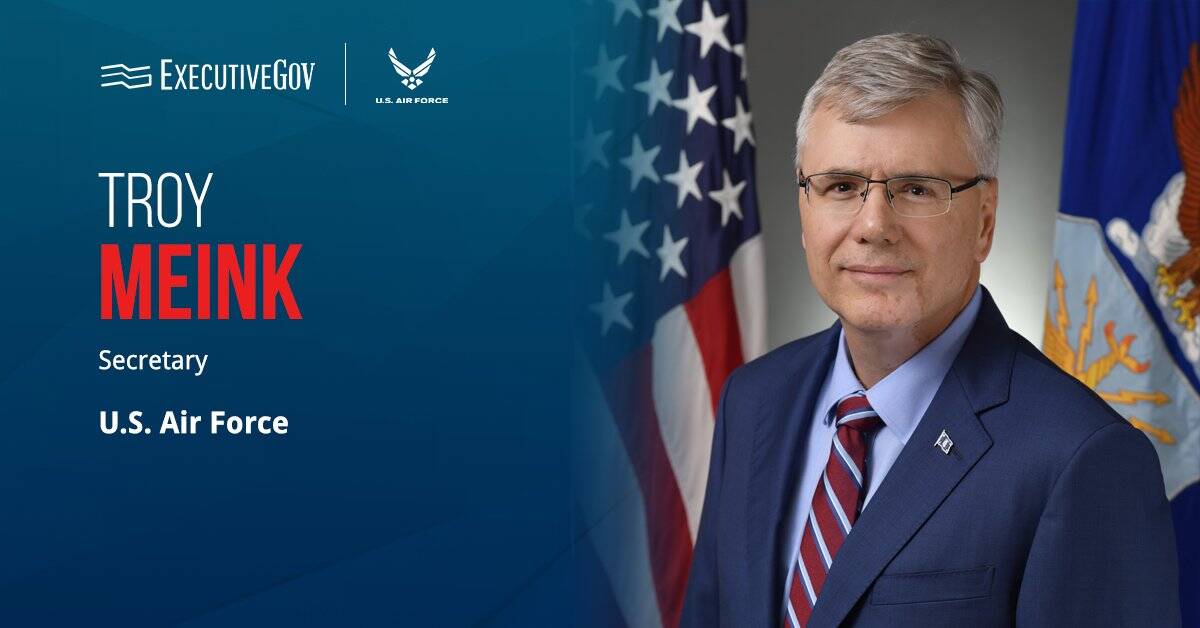Kendra Sharp, a faculty member at Oregon State University, has been appointed head of the National Science Foundation's (NSF) Office of International Science and Engineering (OISE).
Sharp will help OISE provide access on global research efforts to principal investigators to address various needs under her new role, NSF said Wednesday.
She will also deliver training opportunities in science diplomacy to faculty members and students and foster partnerships with government agencies, international universities and consortia.
Prior to her appointment, Sharp served as a professor of humanitarian engineering from 2015 through 2020. She also taught and studied applications of technology in humanitarian engineering, design for international development and sustainable water and energy platforms.





